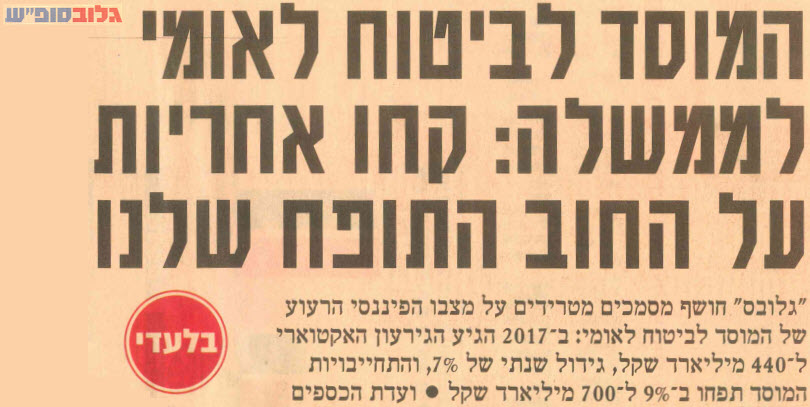Follow the Torah, and You Won’t Remain Poor (See Mishlei for Details)
Some Ideas to Think About
August 1, 2018
Poverty is no mystery, and it’s easily avoidable. The poverty line that the Census Bureau used in 2016 for a single person was an income of $12,486 that year. For a two-person household, it was $16,072, and for a four-person household, it was $24,755. To beat those poverty thresholds is fairly simple. Here’s the road map: Complete high school; get a job, any kind of a job; get married before having children; be a law-abiding citizen.
How about some numbers? A single person taking a minimum wage job would earn an annual income of $15,080. A married couple would earn $30,160. By the way, according to the Bureau of Labor Statistics, less than 4 percent of hourly workers in 2016 were paid the minimum wage. That means that over 96 percent of workers earned more than the minimum wage. Not surprising is the fact that among both black and white married couples, the poverty rate is in the single digits. Most poverty is in female-headed households.
Socialist Sen. Bernie Sanders’ presidential campaign garnered considerable appeal from millennials. These young people see socialism as superior to free market capitalism. Capitalism doesn’t do well in popularity polls, despite the fact that it has eliminated many of mankind’s worst problems, such as pestilence and gross hunger and poverty. One of the reasons is that capitalism is always evaluated against the nonexistent, non-realizable utopias of socialism or communism. Any earthly system, when compared with a utopia, will not fare well. Indeed, socialism sounds good but, when practiced, leads to disaster. Those disasters have been experienced in countries such as the USSR, China, most African nations and, most recently, Venezuela. When these disasters are pointed out, the excuse is the inadequacies of socialist leaders rather than socialism itself. For the ordinary person, free market capitalism, with all of its warts, is superior to any system yet devised to deal with our everyday needs and desires.
Here are a couple of questions: Does an act clearly immoral when done privately become moral when done collectively? Does legality or majority consensus establish morality? Before you answer, consider that slavery was legal; South African apartheid was legal; the horrendous Stalinist, Nazi and Maoist purges were legal. Clearly, the fact of legality or a majority consensus cannot establish morality.


